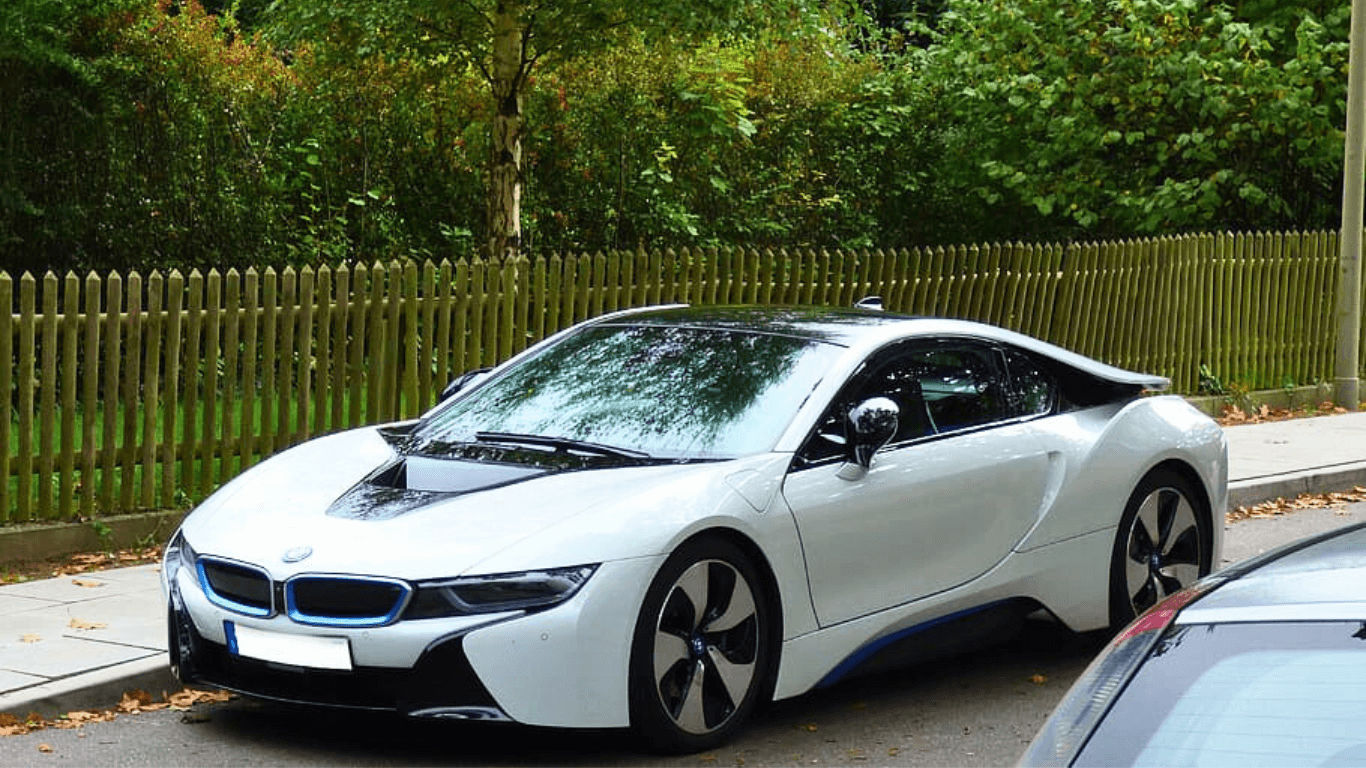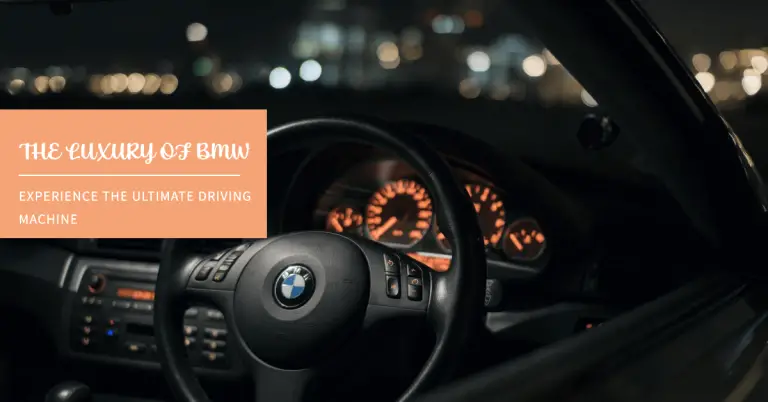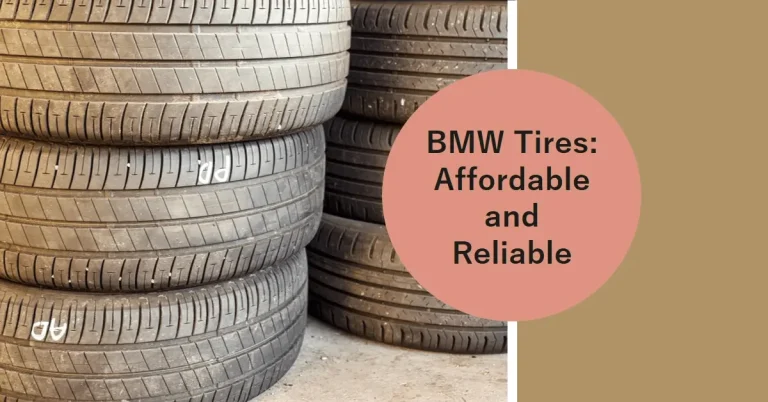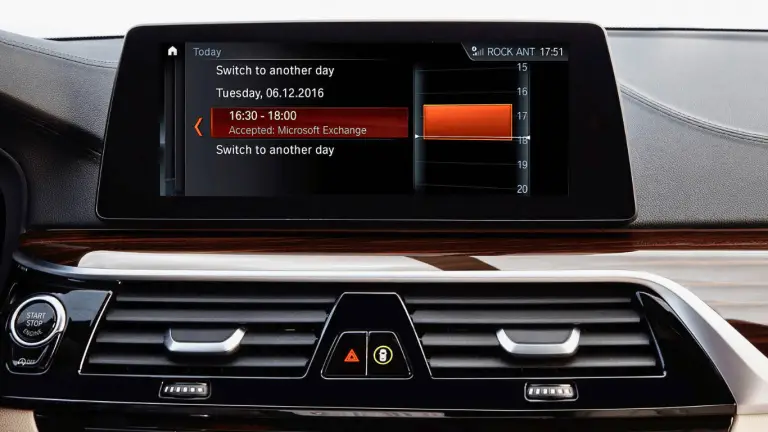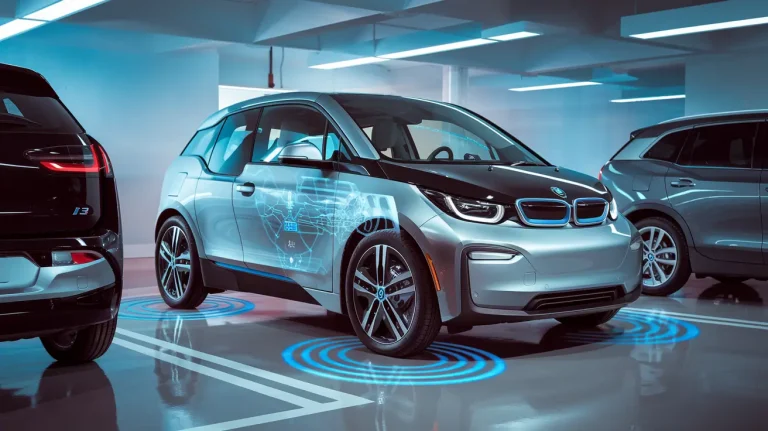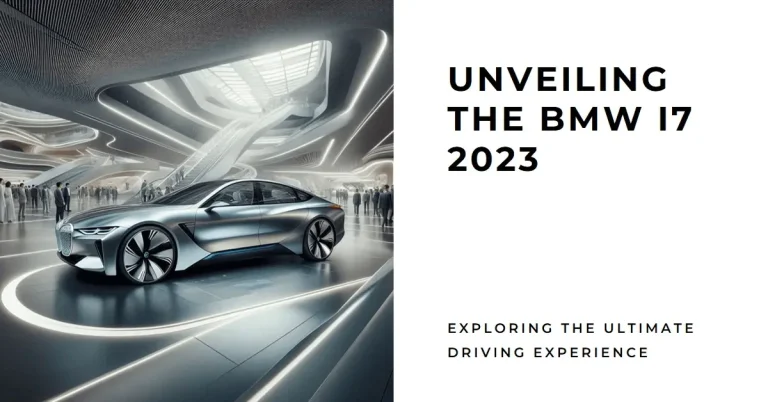The Unrelenting BMW i8 Reliability Hybrid Sports Car
The BMW i8 has turned heads since hitting the streets in 2014 as the German automaker’s progressive plug-in hybrid sports car. With its distinctive scissor doors, aggressive stance, and impressive acceleration, the i8 offers an unrivaled blend of high-tech flair and real world drivability. But does this forward-thinking hybrid deliver solid reliability to match its sustainability cred?
Let’s take an in-depth look at the i8’s dependability, examining reliability ratings, owner experiences, repair costs, problem areas, and warranty coverage. Read on to learn if the i8’s advanced hybrid powertrain stands the test of time.
What Do Reliability Ratings Reveal About the BMW i8?
Independent reliability ratings provide key insights into the i8’s dependability. Let’s see how this hybrid sports car has fared in reliability surveys and studies:
- J.D. Power: The market research firm J.D. Power ranked the i8 well above average in its 2019 study, giving it a reliability rating of 81 out of 100. This beat the study’s average of 77 for compact premium sporty cars.
- Consumer Reports: In Consumer Reports’ 2019 reliability survey, the i8 earned an above average predicted reliability rating of 4 out of 5. This means CR forecasts the i8 as better than normal for reliability as the car ages.
- RepairPal: RepairPal, which analyzes repair costs and frequencies, awarded the i8 a reliability rating of 4 out of 5. This above average score means RepairPal estimates the i8 will need less repairs than other hybrid and sports cars.
Based on these surveys, the i8 scores quite well for expected reliability, especially for an advanced hybrid sports car. The ratings indicate the i8 should prove more dependable than the average new car as the mileage racks up.
How Does the i8’s Hybrid Powertrain Hold Up?
As a plug-in hybrid, the BMW i8 mates a powerful electric drivetrain with a turbocharged gas engine for optimal performance and efficiency. But how durable and reliable is the i8’s high-voltage hybrid technology?
Battery Pack: The i8 features an advanced lithium-ion battery pack with a capacity of 11.6 kWh. Consumer Reports found the i8’s battery pack has very few issues, with problems reported in just 3% of vehicles. Owners praise the pack’s long-lasting performance, with only minor degradation over many years.
Electric Motor: The i8 combines a front 129 hp electric motor with a rear 228 hp gas motor. The synchronous electric motor proves robust, with very few failures reported. Motor issues are limited to minor faults in a small percentage of vehicles.
Hybrid Component Reliability: In J.D. Power’s 2019 study, the i8’s hybrid components had better than average dependability. And RepairPal reports it requires few repairs for hybrid-specific parts. Only about 10% of owners report hybrid-related issues.
Based on data to date, the i8’s sophisticated hybrid drivetrain demonstrates impressive durability and reliability for a system of its complexity. With proper maintenance, the hybrid components offer years of trouble-free operation.
Which Components Have Experienced Issues?
While generally reliable, a complex sports car like the i8 still has a few problem spots. Here are some of the most reported minor issues:
Fuel System: Approximately 10% of i8 owners report fuel system problems, mainly involving faulty fuel pumps and evaporation leaks triggering check engine lights. BMW improved the fuel pump design in later models.
Electronics: As with most modern cars, some i8 owners experience occasional electrical glitches. These include malfunctioning climate control displays, backup cameras not syncing, and Bluetooth bugs. Most problems are repairable with software updates.
Engine Issues: Small percentages of owners cite engine problems like oil leaks, rattling noises, and misfires. But major engine failures are extremely rare in the i8 through over 100k miles.
Sensors: Sporadic sensor errors account for a portion of check engine lights. Oxygen sensor failure, loose battery sensors, and camshaft position sensor faults may occur. Replacing the sensors typically resolves the issue.
Overall, the i8 exhibits impressive mechanical dependability for a low-volume hybrid sports car. And even when issues arise, most are minor fixes rather than catastrophic failures.
What Do BMW i8 Owners Say About Reliability?
Experienced BMW i8 owners provide valuable insights into how the i8 holds up long-term in the real world. Here’s a sampling of reliability feedback from i8 owner forums and YouTube reviews:
- “I’ve had my i8 for over 5 years now. Other than normal wear maintenance, I haven’t had any issues with major components or the hybrid system. The car has been very reliable.”
- “I was worried about expensive hybrid repairs, but 50,000 miles in I’ve had no battery or electric motor problems. Just usual stuff like sensors and tires needing replacement.”
- “The i8 has been our daily driver for 4 years. No catastrophic failures, just a couple fuel pump and oxygen sensor repairs. For a low volume sports car it’s held up great.”
- “I take meticulous care of my i8 and make sure all maintenance is done on schedule. At 70k miles now, it’s been extremely reliable with only small glitches here and there.”
- “I bought my i8 used with 40k miles. In the last 2 years and 20k additional miles, it’s needed no major repairs. The hybrid system works seamlessly.”
The consensus among seasoned i8 owners is that with proper maintenance, the i8 provides better than expected reliability for an exotic sports car. Most report only minor repair needs through 100,000+ miles of driving.
How Much Does it Cost to Maintain and Repair the i8?
While reliability is crucial, repair costs also factor into long-term ownership costs. Here’s a look at i8 maintenance and repair costs:
- Scheduled maintenance: The i8 has higher service costs than typical cars, averaging $600-800 for routine maintenance visits recommended every 10k miles. Oil changes, inspections, and fluid flushes account for most regular maintenance.
- Average repair cost: RepairPal estimates the average cost of i8 repairs at $888, lower than other luxury sports cars. The most common issues like fuel pump, oxygen sensor, and EV battery faults range from $450 – $1000 to fix.
- Frequency of unscheduled repairs: RepairPal data shows the i8 has an average repair frequency of 0.3 times per year, meaning roughly one visit to the shop annually for unplanned fixes. Again, this is better than most sports and hybrid cars.
- Total annual repairs: Factoring in scheduled and unscheduled service, i8 owners reported total yearly maintenance costs of approximately $2000 per year according to surveys. Costs are higher earlier in ownership then stabilize after 5 years.
While pricier than mainstream cars, the i8’s repair costs are quite reasonable for a low-volume performance hybrid, especially considering its minimal breakdowns as it ages.
Which Warranties Protect the i8?
The i8 comes with extensive factory warranty coverage providing significant protection against repair bills:
- New car warranty: The standard new vehicle warranty spans 4 years or 50,000 miles. This covers any defects in materials or workmanship.
- Hybrid components: BMW provides special warranties on hybrid parts. The hybrid battery is covered for 8 years or 100,000 miles, while other hybrid parts are covered for 4 years or 50,000 miles.
- Rust protection: The i8 has a 12 year unlimited mileage anti-corrosion warranty, protecting against rust and other exterior damage.
- Roadside assistance: 4 years or unlimited miles of BMW roadside assistance provides backup if the car breaks down.
For extra protection, most owners opt for extended warranty coverage when the factory warranties expire after 4 years. Overall the i8 comes with some of the best warranty packages for shielding owners from pricey repair costs.
Conclusion
The BMW i8 is no ordinary hybrid sports car. As BMW’s first plug-in supercar, the i8 introduces an advanced high-voltage powertrain packed with pioneering technology. Yet despite its complexity, the i8 has proven impressively dependable.
While a low-volume performance car inevitably requires pricier maintenance than a mainstream sedan, the i8 avoids many of the major reliability pitfalls experienced by some competitors. With proactive preventive service, the i8’s hybrid battery, electric motor, engine, and other components deliver exhilarating, eco-friendly performance for years beyond the showroom.
So while the stunning scissor doors, futuristic styling, and 3-second 0-60 acceleration understandably garner the most attention, it’s the i8’s unrelenting reliability that owners appreciate on daily commutes and road trips. Considering its sophisticated hybrid drivetrain, the i8 establishes a new benchmark for dependability in a plug-in supercar. For drivers seeking out-of-this-world performance with down-to-earth reliability, the i8 delivers in stunning fashion.

